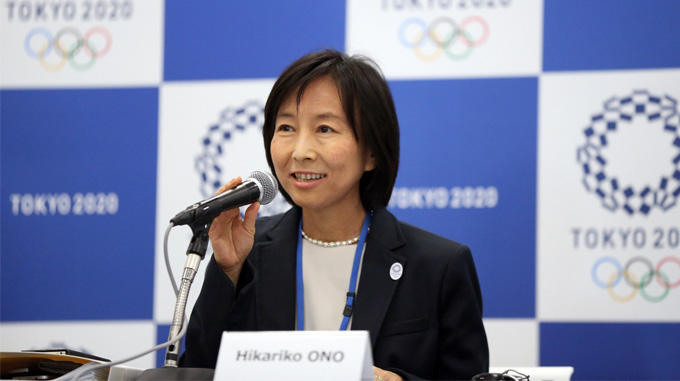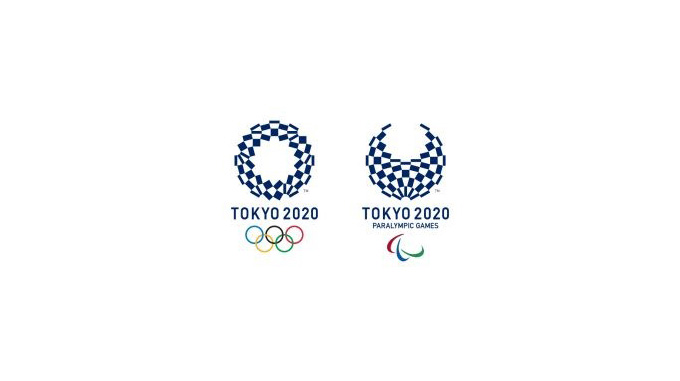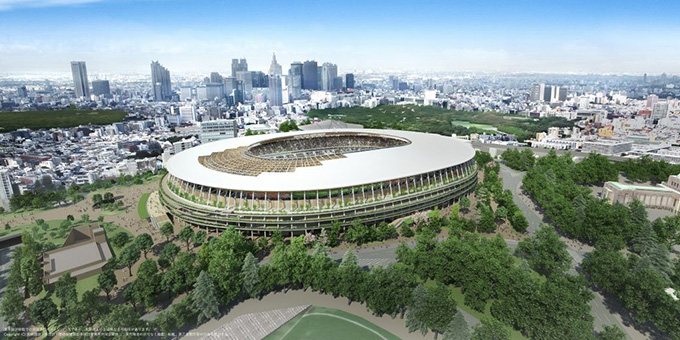Search the latest and greatest job opportunities in sport

An interview with spokesperson for the Tokyo 2020 Olympics, Hikariko Ono who discusses the games vision, stadium and venue development as well as the legacy the games are aiming to create.
Q: Firstly, can you advise our readers regarding the core concepts and vision for Tokyo 2020?
Hikariko: We believe that sport has the power to change the world and our future. The Tokyo 1964 Games completely transformed Japan. The Tokyo 2020 Games, as the most innovative in history, will bring positive reform to the world by building on three core concepts:
“Achieving Personal Best”
Through flawless preparation and execution, the Tokyo 2020 Games aims to deliver an event where every athlete can realise their best performance and achieve their personal best. The world’s leading technologies will be adopted in developing competition venues and in operating the Games. All Japanese citizens, including Olympic and Paralympic volunteers, will employ their utmost resourcefulness as hosts to welcome visitors from around the world with the warmest traditional Japanese omotenashi, or hospitality.
“Unity in Diversity”
Accepting and respecting differences in race, colour, gender, sexual orientation, language, religion, political or other belief or ideology, national or social origin, birth, level of ability or other status allows peace to be maintained and society to continue to develop and flourish. The Tokyo 2020 Games will foster a welcoming environment and raise awareness of unity in diversity among the citizens of the world.
“Connecting to Tomorrow”
The Tokyo 1964 Games completely transformed Japan, enhanced Japanese people’s awareness of the outside world and helped bring about the rapid growth of Japan’s economy. The 2020 Games will enable Japan, now a mature economy, to promote future changes throughout the world, and leave a positive legacy for future generations.
Tokyo 2020 is endeavouring to ensure that the principles laid out in our Games Vision are fully incorporated into every aspect of our Games delivery, including in the development of venues and infrastructure, and the staging of the Opening and Closing Ceremonies.
 Q: In terms of the new and redeveloped host venue projects, can you provide a brief overview as to what stage each is currently at?
Q: In terms of the new and redeveloped host venue projects, can you provide a brief overview as to what stage each is currently at?
Hikariko: Tokyo 2020 is collaborating closely with relevant parties, such as the International Olympic Committee, International Federations and National Federations to stage the Games in 3 years time.
The Tokyo 2020 Games will utilise a total of 39 venues (as of 15 March 2017) – 8 new permanent venues, 22 existing sites and 9 temporary venues – most of which are located in two zones of the city. 38 of the venues will be used for competitions of the Olympic Games, and 20 of them will be used for the Paralympic Games. Each venue will allow athletes to perform at their best.
The construction of the new National Stadium started in December 2016, and the Musashino Forest Sport Centre will be completed this year. The development of the [Athletes’] Village has also begun.
For the rest of the venues, construction or renovation will start this year or next year.

Q: What role does ‘Sustainability’ play in the delivery and subsequent running of Tokyo 2020 venues?
Hikariko: Sustainability is a highly important topic. Tokyo 2020 will include sustainability in all aspects of the 2020 Olympic and Paralympic Games. Moreover, we have incorporated several Japanese values into our plans including the concept of Mottainai, or the sense of avoiding waste.
Tokyo 2020 is embracing the entire concept of “sustainability” in its Games preparations, which covers not only environmental matters, but also the consideration of human rights, working conditions and practices and management of supply chains.
The Tokyo 2020 Organising Committee has published its High-level Sustainability Plan and Fundamental Principles for the Sustainable Sourcing Code, confirming its commitment to delivering a minimal impact Games and raising awareness of the importance of sustainability in today’s world.
The High-level Sustainability Plan is the framework outlining the basic approach to be adopted to ensure sustainability in Games preparations and operations.
The Fundamental Principles for the Sustainable Sourcing Code will ensure the sustainable sourcing of products and services deemed vital to the successful delivery of the Tokyo 2020 Games with full consideration given to environmental impacts as well as human rights, labour and other social issues.
Moreover, we aim to use the 2020 Games as a catalyst for promoting hydrogen energy by providing hydrogen-fuelled buses for transporting athletes and fans to Games related sites.
Q: What role will ‘Technology’ play at Tokyo 2020, whether in terms of the fan experience, fan engagement or venue management?
Hikariko: The Tokyo 2020 Games are an opportunity for Japan, for its capital and for the Japanese business community to amaze the world. Specifically, the Organising Committee is hoping that the 2020 Games will act as a forum to showcase a diverse range of technological innovations. These include hydrogen-powered vehicles, multilingual translation devices, and enhanced sports-related data devices equipped with the very latest ICT technologies to enhance the fan experience and engagement.
In areas not directly related to the Games, we are delighted that the Olympics and Paralympics are stimulating Japanese companies and are encouraging innovations. Together with the Tokyo Metropolitan Government and the national government, Tokyo 2020 is working to encourage more and more Japanese companies to develop innovative products and services, especially in the sector of the sports industry.
Q: How do you plan on implementing lessons learned from other Olympics?
Hikariko: The IOC Olympic Games Knowledge Management programme, and meetings with members of the London 2012 and Rio 2016 Organising Committees allowed us to learn several important lessons and to have incorporated these into our plans to improve the 2020 Games even further. For example, the Tokyo 2020 Organising Committee sent some 200 members of staff to take part in the Observer Programme during the Rio 2016 Olympic Games. This programme provided an once-in-a-lifetime opportunity for us to observe and study first-hand a wide range of behind-the-scenes Games operations. As a result, our Functional Areas left Rio with invaluable knowledge that has been fully reflected in their plans.

Q: What kind of lasting legacy does Tokyo 2020 plan to leave in its wake?
Hikariko: The Olympic and Paralympic Games are a unique event – they have special significance for every city hosting them. A comprehensive set of physical, social, environmental and international legacies will spring from Tokyo’s hosting of the 2020 Games.
First of all, the new permanent venue will bring welcome new facilities to city-centre living. Meanwhile, the existing venues we will use, including some inherited from the 1964 Games, will be modernised and refurbished to extend their legacy for the next generation.
By 2020, the city’s infrastructure will be inspected and upgraded wherever necessary. Moreover, the Games will reinforce and maximise the accessibility of the city of Tokyo to make it one of the world’s most barrier-free capitals, allowing all its residents to enjoy it fully. It will also be a fantastic opportunity to demonstrate to the world how a city can use new technologies for the health and well-being of its residents to ensure universal accessibility.
As for the soft legacies, and how to inspire and energise the nation with the values of the Olympic and Paralympic movements, this is the ultimate aim of Tokyo 2020’s Action & Legacy Plan. The Action & Legacy Plan is based on the five following pillars: Sport and Health; Urban Planning and Sustainability; Culture and Education; Economy and Technology; and Recovery (from the 2011 earthquake and tsunami), Nationwide Benefits, and Global Communication. We believe that if our efforts to engage as many people as possible in the pre-Games period are successful, this will inevitably lead to a wealth of enduring post-Games legacies.
Watch t he LOC’s video explaining what to expect at Tokyo 2020 here .
This article is part of a longer interview conducted by our partner Sports Venue Business. Read the full article here .
IMAGES: Main image of Hikariko Ono courtesy of: Tokyo 2020 / Shugo Takemi & Stadium image courtesy of: Tokyo 2020.
Give your career in sport a boost with the latest live vacancies , or create an account today and stay up to date with all the latest industry knowledge, events and jobs in sport.
Search the latest and greatest job opportunities in sport